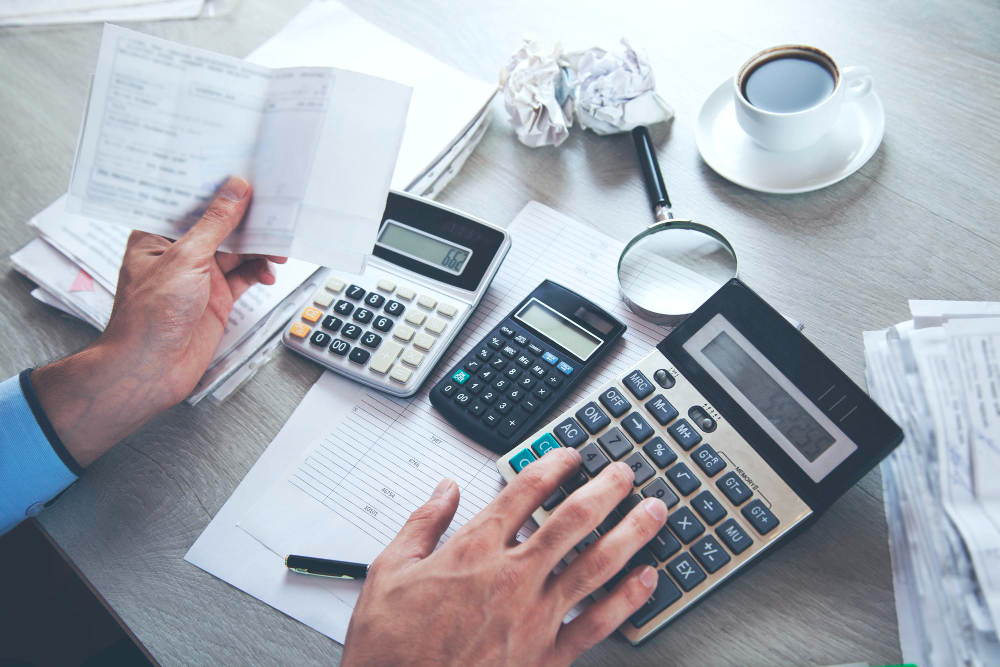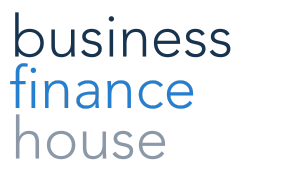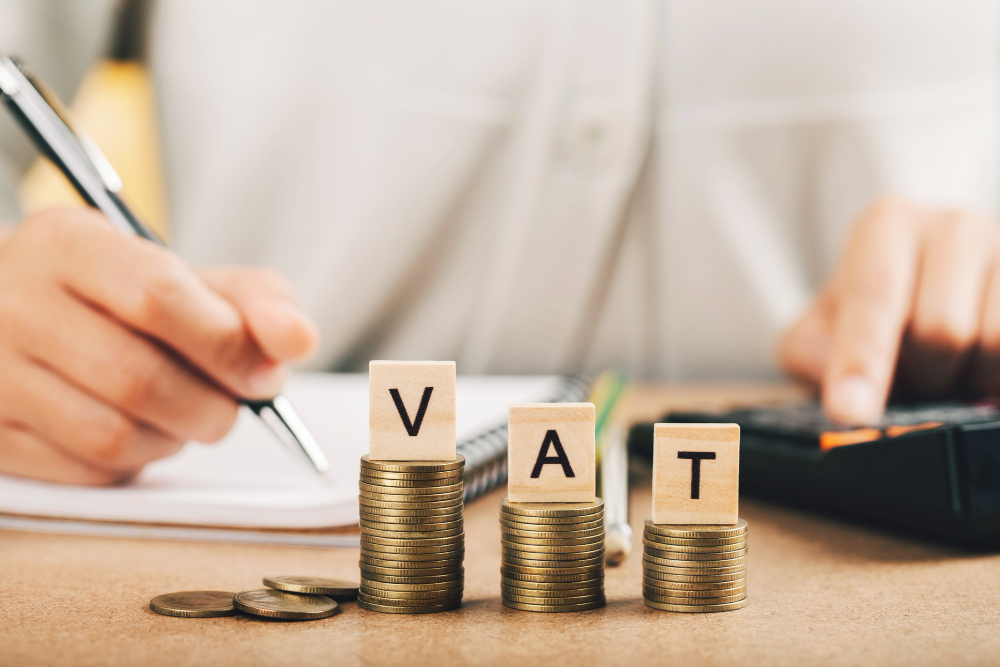A VAT loan can be a useful solution for businesses that need financial flexibility when paying their VAT bill. These loans help companies spread the cost of their tax obligations rather than making a lump sum payment to HMRC. However, like any form of borrowing, VAT loans come with repayment responsibilities. If a business struggles to keep up with payments, it may default on the VAT loan, leading to serious financial and legal consequences.
What Does It Mean to Default on a VAT Loan?
Defaulting on a VAT loan occurs when a business fails to meet its repayment obligations as per the agreed terms. This could mean missing a single payment, making consistent late payments or being unable to repay the loan altogether.
Lenders typically offer grace periods or repayment adjustments for businesses facing temporary financial difficulties, but prolonged defaults can lead to serious financial and legal repercussions.
Consequences of Defaulting on a VAT Loan
Late Payment Penalties and Interest Increases
Most VAT loans come with strict repayment terms and missing payments can result in late fees and increased interest rates. Over time, these extra charges can make it even harder to clear the outstanding debt.
Damage to Business Credit Score
A VAT loan default negatively impacts your business credit score, making it difficult to secure future loans, supplier credit or business financing. Poor credit ratings can limit your business’s growth and financial flexibility.
Legal Action and Debt Collection
If a business continues to default on its VAT loan repayment, lenders may pass the debt to a debt collection agency or take legal action to recover the funds. This can lead to additional legal costs and prolonged financial stress.
Business Assets at Risk (For Secured VAT Loans)
Some VAT financing agreements require collateral, such as business assets or personal guarantees. Defaulting on a secured VAT loan may result in the lender seizing these assets to recover the outstanding debt.
HMRC Implications and Potential Tax Liabilities
VAT loans are often used to cover tax obligations to HMRC (Her Majesty’s Revenue & Customs). If a business fails to repay a VAT loan and subsequently misses VAT payments to HMRC, it may face additional fines, investigations or legal action from tax authorities.

How to Avoid Defaulting on a VAT Loan
If your business is struggling to meet repayments, there are several proactive steps you can take to prevent default:
- Monitor Cash Flow Regularly: Stay on top of your cash flow to ensure you have sufficient funds to cover your VAT loan repayment each month. Implementing better budgeting and forecasting can help prevent financial shortfalls.
- Contact Lenders Early for Repayment Adjustments: If you foresee difficulties in repaying your VAT loans, communicate with your lender as early as possible. Many lenders offer repayment adjustments or temporary relief options for businesses in financial distress.
- Explore Alternative Financing Options: Businesses facing cash flow issues can consider alternative financing, such as short-term business loans, invoice financing or business credit lines, to cover VAT payments without missing loan repayments.
- Work with a Business Finance Broker: A business finance broker can help you refinance existing debt, negotiate better repayment terms or secure alternative funding options tailored to your financial situation.
What to Do If You’ve Already Defaulted on a VAT Loan
If you’ve already defaulted, don’t panic. There are still steps you can take to manage the situation effectively:
- Communicate with Your Lender: Ignoring the issue will only make it worse. Reach out to your lender, explain your situation and see if they offer any repayment restructuring options to help you get back on track.
- Prioritise VAT Payments to Avoid HMRC Action: If your VAT loan was taken out to pay HMRC, make VAT payments a priority to avoid further penalties. Falling behind on VAT payments can trigger serious consequences from tax authorities.
- Consider Business Debt Consolidation: If you’re juggling multiple debts, business debt consolidation could be a solution. This involves combining your outstanding debts into a single, more manageable loan with lower interest rates.
- Seek Legal & Financial Advice: Consult a business financial advisor or legal expert to explore possible solutions, such as debt restructuring or negotiation strategies to avoid legal action.
Defaulting on a VAT loan can have serious financial and legal consequences, but with proactive management, businesses can avoid falling into this situation. By monitoring cash flow, communicating with lenders and exploring alternative funding options, businesses can stay on top of repayments and maintain financial stability.
For those already facing default, immediate action such as restructuring repayments, prioritising tax obligations or seeking professional advice can help navigate the challenges and protect your business’s future.
Business Finance House helps businesses navigate financing challenges with tailored funding solutions. Contact us today and let’s find the right solution for your business!





